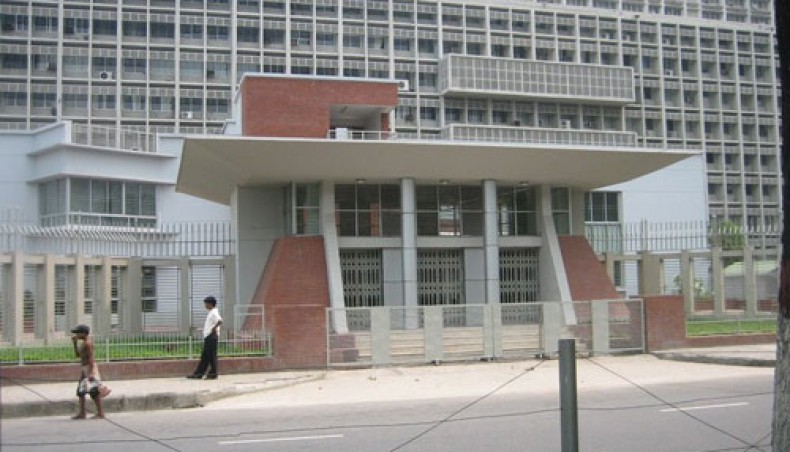Bureaucracy reforms Govt move on the backburner
The government seems to have forgotten its election pledge that it would reform the bureaucracy to free it from the clutches of influence of the party in power and make it more service oriented.
An objective of the pledged reform was to make merit rather than patronage as the bedrock for the nation’s civil service.
In 2011, the government took a move to replace the practice of annual confidential reports with more transparent method of evaluation of performance of officers only to place it on the backburner.
The obvious upshot is business as usual for the officers that keep them busy with currying favours rather than utilization of time on their performance.
The age-old Annual Confidential Report is seldom used by superiors to objectively evaluate their subordinates’ merit and performance as the incidents of wholesale promotions doled out in recent years showed causing dismay among many efficient officers who were superseded time and again.
The old system is still in place, cabinet secretary Mohammad Shafiul Alam told New Age when asked about the status of the move to make officers’ assessment transparent.
He said that as far as he knew the public administration ministry was still working to replace the annual confidential reports by the transparent performance evaluation method.
Former cabinet secretary Ali Imam Majumder said that scope for improvement of performance evaluation of officers definitely existed.
He said that it can’t be said that annual confidential reports don’t at all evaluate performance of the officers, by and large they do, leaving scope for improvement.
A draft form was prepared for computer generated annual performance appraisal of officers, said public administration ministry additional secretary for appointment, promotion and deputation Subir Kishore Choudhury.
He said that the existing annual confidential reports don’t take efficiency, skills or weaknesses of officers into account.
Performance appraisal, he said, involves keeping records of each and every officer’s skills and weaknesses in specific areas.
‘A PA Ministry cell is still working on it,’ said Subir.
The prevailing culture encourages officers to present demi official letters, better known as DO Letters, from influential ruling party leaders recommending better postings and promotions, said a retired civil servant.
‘Presenting DO letters was unthinkable when we were in the service as it would be treated as gross violation of government servants conduct rules,’ he said.
Valuing merit would remain elusive until introduction of transparent performance appraisal system, he said.
Instead, in 2015, the cabinet division introduced an unknown system under which it monitors implementation of the government’s vision by ministries and divisions.
For the purpose, the cabinet division signs with all the festivity Annual Performance Agreements with the ministries and divisions.
Obviously, said officials, the government had deviated from the path it had taken in 2011.
While writing annual confidential reports, superiors usually take ‘irrelevant’ factors into account often making subordinates victims of their subjective dislikes.
The draft form for performance evaluation set aside 40 marks for output, 30 for sense of responsibility, communication skills and aptitude and the remaining 30 for knowledge of the laws and rules and decision making ability.
Awami League in its 2008 election manifesto pledged that it would make the civil service more ‘service-oriented’ by freeing it from politicization.
The manifesto said that efficiency, seniority and merit would be the basis of appointments and promotions.
- See more at: http://www.newagebd.net/article/8024/govt-move-on-the-backburner#sthash.MUqrQ7EF.dpuf











